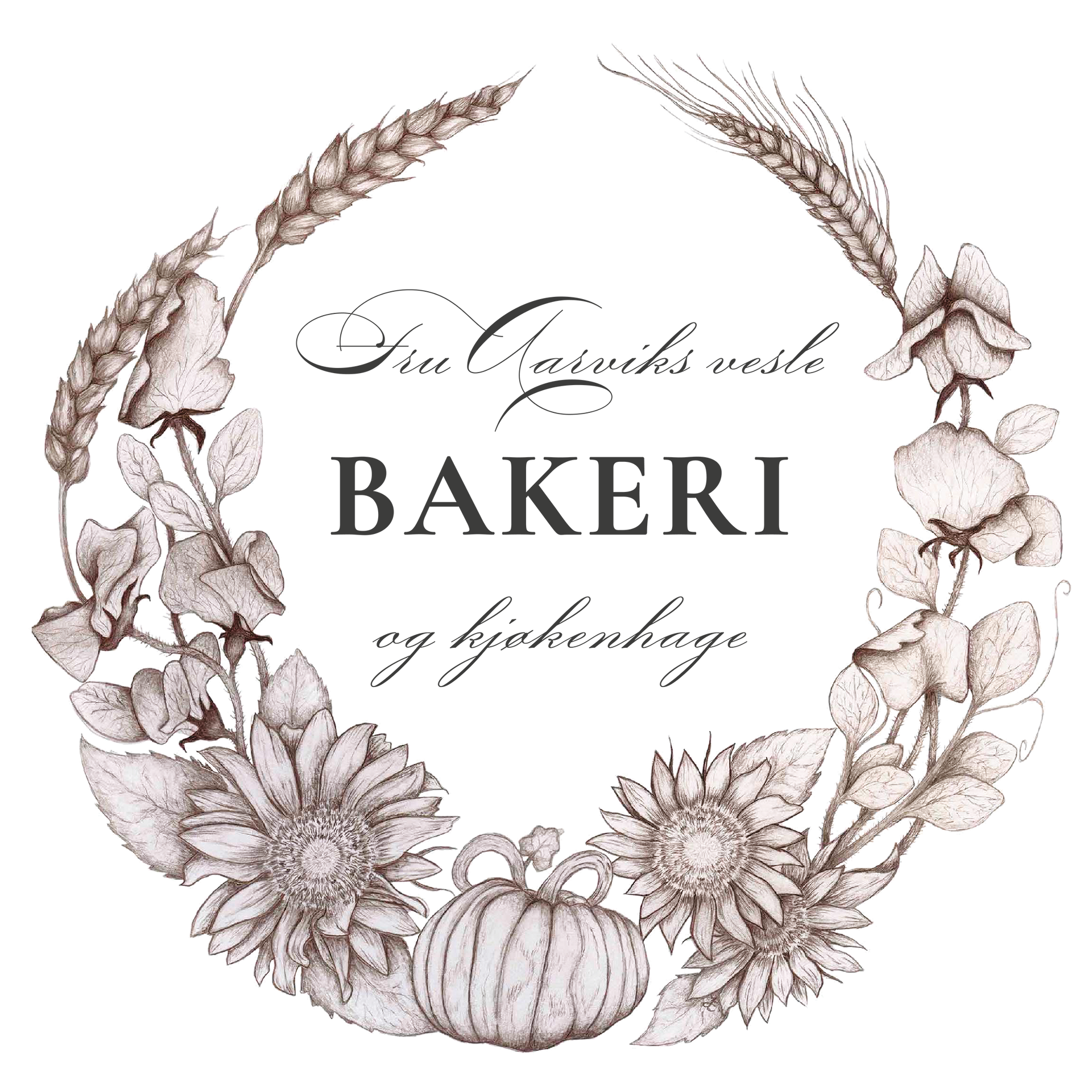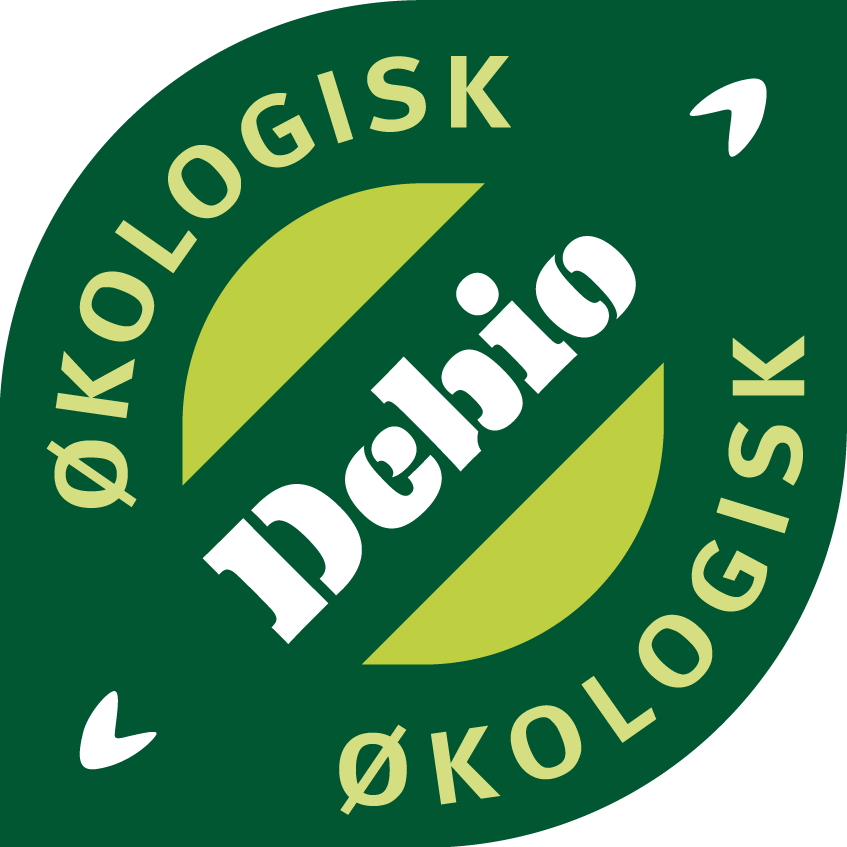Opening hours bakery and café
Friday April 4th 2025 will be the first opening day this season.
April 4th - June 22th
Friday at 11-16
Saturday 10-15
June 23th - August 10th
Thursday-Friday at 10-16
Saturday at 10-15
Sunday at 11-15
August 22th - December 21th
Friday at 11-15
Saturday 10-14
Bakery and café in Løo
In our bakery, we use organic ingredients from Norway, not only because they have exceptionally high quality, but primarily because the farmers do not use pesticides and artificial fertilizers.
The eco-farmer collaborates with nature, thus ensuring a much greater biological diversity both above and below the ground than in conventional agriculture. We dare to say you can taste the difference! A warm welcome to our small bakery with a big heart for genuine ingredients!
Artisan bakery
In our little organic bakery and café, we bake everything by hand in stone ovens. We create sourdough bread, cinnamon buns, almond knots, croissants, large pretzels, scones, focaccia, and a variety of other pastries that change slightly with the seasons and customer preferences, as well as the baker's inspiration.
Our pastries are made with ancient grains of stone-ground, organic flour from farms in the eastern part of the country. It is possible order breakfast during your stay. We also make sandwiches and rolls with fillings. Sometimes we also offer pizza or hot soup made with ingredients from our own garden.
Why sourdough
Baking with sourdough has ancient traditions, going back over 5000 years, and is the original way of baking bread. Sourdough bread is a healthier alternative to yeast-leavened bread because it is easier for the body to digest, providing better nutrient absorption. A good and healthy bread requires only 3 ingredients: flour, water, and salt. Additionally, incorporating various fiber-rich ingredients like nuts, seeds, and whole grains into the bread is beneficial for the many good bacterias in the gut.
Ancient grains were also a natural choice for me, even though their baking properties are not as good as those of more refined varieties. For example, ancient wheat varieties like einkorn, emmer, and spelt have weaker gluten and higher content of essential nutrients compared to modern wheat. In all our sourdough breads we use ether a sourdough starter based on rye and land wheat or spelt.




